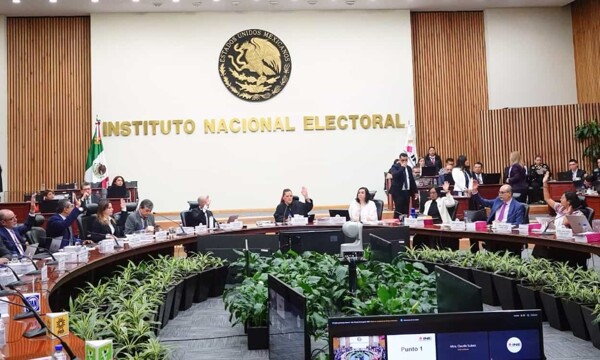
The water crisis is a shared challenge that requires collaboration between the government, communities, and the private industry to find effective solutions. Contrary to popular belief, the industry has been contributing to the search for solutions through innovative projects that aim for more efficient water management.
It is essential to implement techniques such as drip irrigation and precision agriculture to ensure food security in a country with a projected population of 134.5 million by 2030. Reducing water losses due to leaks and minimizing pollution affecting 60% of water bodies in Mexico must be shared priorities and addressed comprehensively.
The modernization of water infrastructure is urgent to ensure future generations have access to this vital resource. It is crucial to invest in rainwater harvesting and storage, as well as exploring alternatives such as desalination to combat the water crisis facing the country.
The agricultural sector, the main consumer of water, must adopt more sustainable and efficient practices. The need to allocate significant resources, such as the 49 billion pesos annually estimated by the Mexican Institute of Water Technology, to improve wastewater treatment plants and distribution networks is evident.
The water crisis in Mexico, despite recent rains and the state of dams in Nuevo León that may give the illusion of a solution, remains a considerable long-term challenge. Factors such as population growth, overexploitation of aquifers, pollution, and inefficient water use, especially in agriculture, have contributed to this situation.
Climate change has further exacerbated the problem, causing prolonged droughts and torrential rains that fail to resolve the scarcity. Active participation from all sectors, as well as the implementation of technologies that make efficient use of water resources, are necessary to effectively address this crisis.
In this context, programs like Aguas Firmes, driven by Grupo Modelo, German Technical Cooperation, and the Mexican Coca-Cola Industry, have shown that the solution lies not in pointing fingers but in collaboration and the adoption of concrete measures to ensure water sustainability in Mexico. The data reveal a complex situation that requires in-depth analysis and coordinated action to tackle the challenge of the water crisis in the country.














